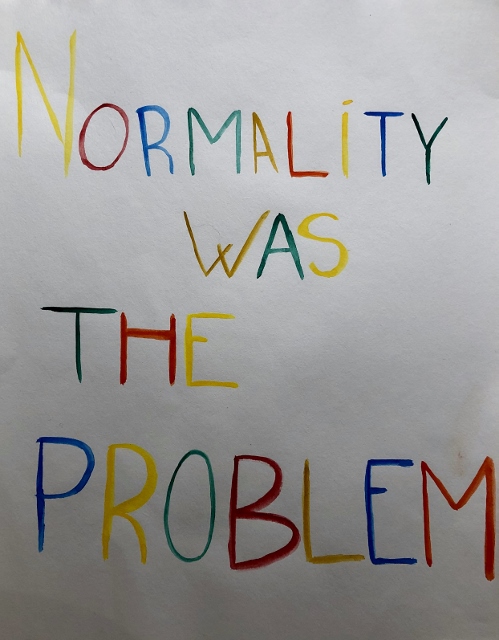We are all dreaming to have our pre-pandemic life back as soon as possible, with our stressful timetables, our intense social life and the freedom to get a beer with our friends in a bar.
I’m no exception and I’m really missing my social life… I tried get used to the situation and create a new virtual reality, but I surely miss some human touch.
I think, however, that this is the perfect moment to take time to think on the origins of this virus and our relationship with nature. For years, prominent members of the scientific community, including UNEP, the United Nations environmental program, have informed about the increasingly frequent zoonosis, that is, diseases that can incidentally jump from animals to humans. We have already had several examples in the past like: Ebola, Sars, Swine fever (H1N1), Zika, Nile fever, Mers and, obviously, Coronavirus-19.
At the beginning of this lockdown it was pretty easy to point to the Chinese wet markets as the ground zero of the current situation. In this kind of local markets wild animals are killed and sold together with normal livestock, without respecting the most elementary hygiene standards. However, whether we like it or not, reality goes far beyond this simplification of the problem and we will not get out of it by simply closing the Chinese markets.
Zoonosis, in fact, is also a direct consequence of our greed that led us to destroy ecosystems to take advantage of natural resources, to create huge farms called landless systems in which livestock are crowded in closed spaces, which are a breeding ground for the spread of viruses of animal origin. Habitat reduction and biodiversity loss are the main cause of the lack of natural protection that normally limits the spread of these diseases. Not to mention global warming that is leading to the melting of permafrost, which could lead to the release of unknown viruses.
Now that the coronavirus has finally made us understand the connection between all these processes, it would be good for us not to go back to normality because
normality was, actually, the problem
Maybe when Greta Thunberg warned us of the fact that our own survival was in danger, the problem seemed so distant and unreal that many of us shrugged and made fun of her for her dramatic speeches.
Now that our entire lifestyle has been finally erased at the stroke of a pen and that we are moving into an unknown and threatening reality, we might finally understand that our actions have consequences and become aware that we are all part of a very fragile ecosystem we need to learn to live in harmony with.
Cover picture by Martina Garcia Andreoli




